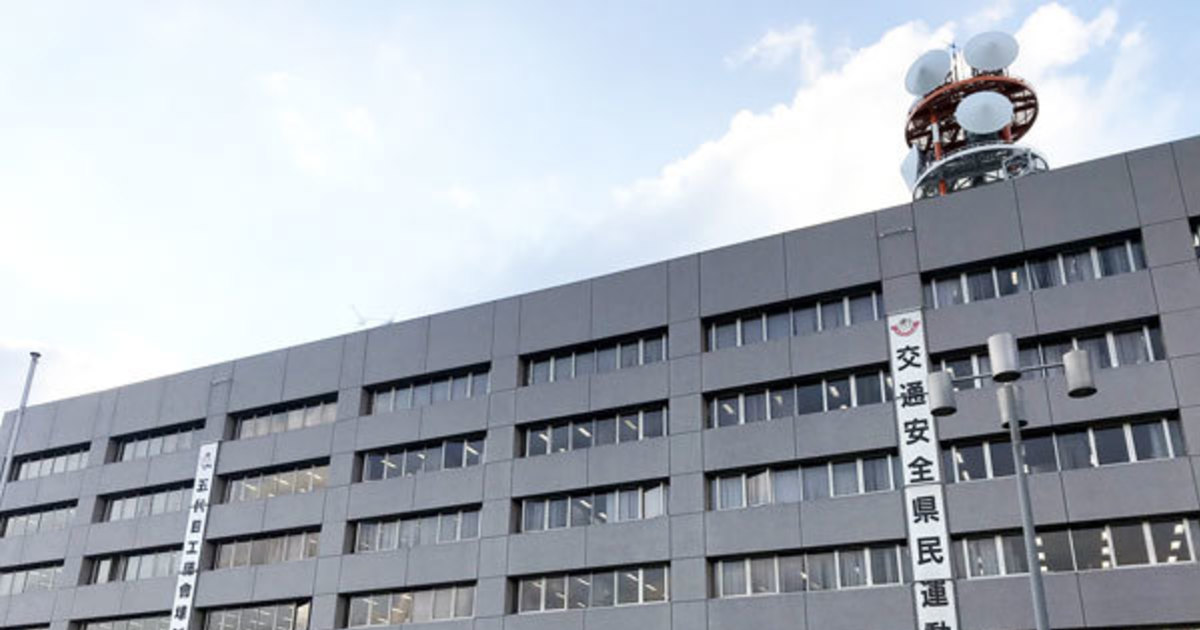Leadership Lessons from Target CEO
The Target CEO exemplifies how visionary leadership can forge paths to sustainable growth. One critical lesson emphasizes the importance of adaptive strategies in a rapidly changing retail environment. "Innovation is not a luxury; it’s a necessity," asserts the CEO, highlighting that embracing change can invigorate a company’s competitive edge. By prioritizing customer feedback and involving employees in decision-making processes, Target fosters a culture of collaboration and responsiveness. This not only enhances employee morale but also creates an environment where innovative solutions can thrive. Additionally, the focus on diversity and inclusion enriches perspectives within the organization, driving creativity and resonating with a broader customer base. Companies aiming for long-term success must continually assess and realign their strategies to meet evolving market demands.

Sustainable Growth Strategies in Retail
Sustainable growth in the retail sector necessitates a multifaceted approach that resonates with evolving consumer expectations and market dynamics. One strategy prominently leveraged by the Target CEO is the emphasis on technology integration to enhance consumer experience. By adopting advanced analytical tools, retailers can gain insights into customer buying behaviors, enabling them to make data-driven decisions that promote inventory efficiency and personalized marketing. Furthermore, investing in employee development fosters a culture of innovation and adaptability within organizations. Empowered employees not only generate creative solutions but also cultivate strong customer relationships, which are essential for loyalty and repeat business. Additionally, aligning sustainability practices with corporate goals not only appeals to environmentally conscious consumers but is increasingly recognized as a significant driver of brand reputation and competitive advantage. Thus, implementing these strategies contributes significantly to sustaining growth in an ever-changing retail landscape.
Innovative Approaches by Target CEO
The Target CEO has pioneered several innovative approaches that set a new standard in the retail industry. By embracing data-driven decision-making, the CEO leverages analytics to understand customer behavior more intimately, allowing for tailored marketing strategies that resonate with diverse consumer demographics. Furthermore, the integration of technology in in-store experiences, such as mobile apps and self-checkout systems, enhances customer convenience and satisfaction. This focus on customer engagement is bolstered by a robust supply chain strategy that utilizes real-time data to optimize inventory management, ensuring that products are available when and where customers need them. Through these innovative methodologies, the Target CEO not only fosters a culture of continuous improvement but also positions the company as a leader in adapting to evolving market demands. As these strategies unfold, they highlight the necessity for agility and foresight in addressing retail challenges effectively.
Navigating Retail Challenges Effectively
The retail landscape is marked by constant evolution, prompting leaders to adopt adaptable strategies that address emerging challenges. The Target CEO’s approach emphasizes the importance of agility in responding to market fluctuations and consumer preferences. By fostering an organizational culture focused on collaboration and innovation, leaders can empower their teams to tackle obstacles with confidence. Furthermore, leveraging data analytics allows retail executives to anticipate trends and customize offerings effectively, enhancing customer satisfaction. As companies face heightened competition and changing economic conditions, prioritizing resilience through effective leadership practices becomes essential. The ability to identify challenges early and pivot accordingly ensures that retail businesses not only survive but thrive in today’s dynamic environment.
Best Practices for Long-Term Success
Achieving long-term success in retail requires a strategic blend of resilience and adaptability. The Target CEO emphasizes the importance of fostering a culture that embraces change and innovation. This involves encouraging employees at all levels to contribute ideas and solutions, thereby enhancing collective problem-solving capabilities. Additionally, data-driven decision-making plays a crucial role in identifying emerging trends and customer preferences, allowing for timely adjustments in product offerings and marketing strategies. Establishing strong relationships with suppliers further supports sustainable growth, as it ensures the reliability of resources while fostering collaboration on new initiatives. By embedding these practices into the organizational ethos, companies can create a dynamic environment that not only survives but thrives amid industry challenges.
Key Strategies for Sustaining Growth
Sustaining growth in the retail sector requires a multifaceted approach, anchored in strategic planning and execution. One key strategy employed by the Target CEO is to prioritize customer experience, which not only enhances customer loyalty but also drives repeat business. By leveraging customer feedback and data analytics, Target continually refines its offerings to meet consumer needs more effectively.
Additionally, embracing technological advancements plays a pivotal role in sustaining growth. The adoption of omnichannel retailing allows for seamless integration of online and in-store shopping experiences, catering to a diverse customer base. This enriches the shopping journey while increasing operational efficiency.
Furthermore, investing in employee training and development has proven essential. A well-trained workforce is instrumental in delivering exceptional service and fostering a positive shopping environment. Target encourages its leadership teams to cultivate strong relationships with employees, ensuring that they are engaged and motivated to contribute to the company’s overarching goals.
The following table summarizes these strategies:
| Strategy | Description |
|---|---|
| Customer Experience | Enhance loyalty through targeted feedback systems |
| Technological Advancements | Implement omnichannel solutions |
| Employee Development | Invest in workforce training for improved service |
In conclusion, these strategies not only help navigate challenges but also lay a strong foundation for long-term success within the competitive landscape of retail.
Insights on Effective Leadership Today
In the rapidly evolving landscape of the retail industry, effective leadership is paramount for fostering resilience and adaptability. Leaders, particularly in high-stakes environments such as that of the Target CEO, embody the principles of transparency and communication. By prioritizing open dialogue with team members, they create a culture where feedback and innovative ideas can flourish. This not only enhances team morale but also encourages collaboration across departments. Furthermore, embracing a customer-centric approach allows leaders to remain attuned to market trends and consumer preferences. As challenges arise, a strong leader remains solution-oriented, focusing on empowering their teams to navigate obstacles effectively. Such insights highlight that today’s effective leadership is characterized by the ability to adapt strategies that align with both organizational goals and the broader economic landscape.
Driving Success in the Retail Sector
In the ever-evolving retail landscape, success hinges on a company’s ability to adapt and innovate. The Target CEO exemplifies this principle by embracing a customer-first approach, ensuring that the needs and preferences of consumers remain at the forefront of business decisions. This strategy not only fosters customer loyalty but also enhances brand reputation in a competitive market. Furthermore, leveraging data analytics allows for informed decision-making, guiding product assortments and promotional strategies to align with market trends. As challenges arise, such as changing consumer behaviors and economic fluctuations, proactive risk management and agile operational practices become essential. By instilling a culture of collaboration and continuous improvement among employees, retail leaders can drive performance and achieve sustainable growth in an increasingly complex sector.

